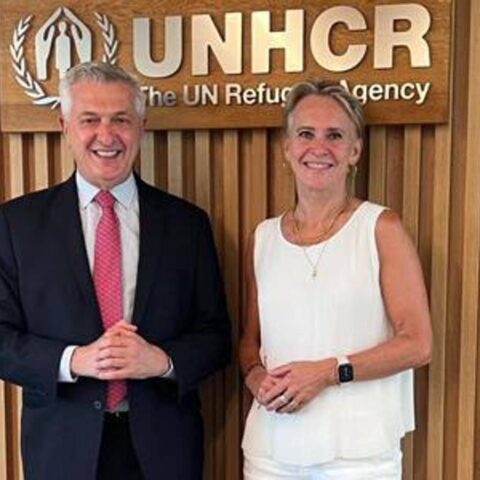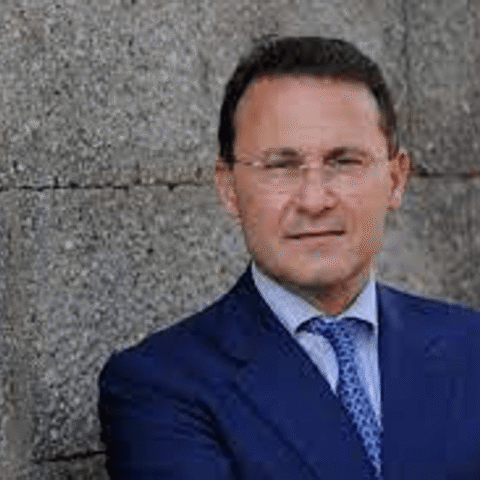(Adnkronos) – Christopher Lockyear, secretary general of Doctors Without Borders (Msf), spoke today at the United Nations Security Council on the catastrophic humanitarian crisis caused by the war in Sudan, calling for an end to violence against civilians and a renewed commitment to providing life-saving aid. The war in Sudan is above all “a war against the people,” he said.
The Sudanese Armed Forces (Saf) – Msf recalls – have repeatedly and indiscriminately bombed densely populated areas. The Rapid Support Forces (Rsf) and allied militias have carried out a campaign of violence, including systematic rape, kidnappings, mass killings, looting of humanitarian aid and occupation of medical facilities. Both sides have besieged cities, destroyed essential civilian infrastructure and blocked humanitarian aid. Msf provides medical assistance in 11 of Sudan’s 18 states, operating on both sides of the conflict, according to its humanitarian principles. Msf teams in the country have repeatedly reported worrying levels of malnutrition in several areas, while vaccine-preventable infectious diseases are on the rise. The impending rainy season adds to the urgency of providing food and medical supplies to people in war-torn areas.
Msf’s message to the Security Council is: the war in Sudan cannot continue to be fought with such disregard for civilian lives. After nearly 2 years of fighting, the international response has been far too limited, hampered by the parties to the conflict and compounded by a lack of accountability, resources and leadership. “While statements are being made in this forum, civilians remain invisible, unprotected, bombed, besieged, raped, displaced, deprived of food, medical care and dignity,” Lockyear said. “The humanitarian response is faltering, paralyzed by bureaucracy, insecurity, hesitation and what risks becoming the biggest divestment in humanitarian aid in history.” Lockyear called for a renewed commitment to protecting civilians and addressing humanitarian needs. “The crisis in Sudan demands a radical change, abandoning the failed approaches of the past. The lives of millions depend on it,” he concluded.




